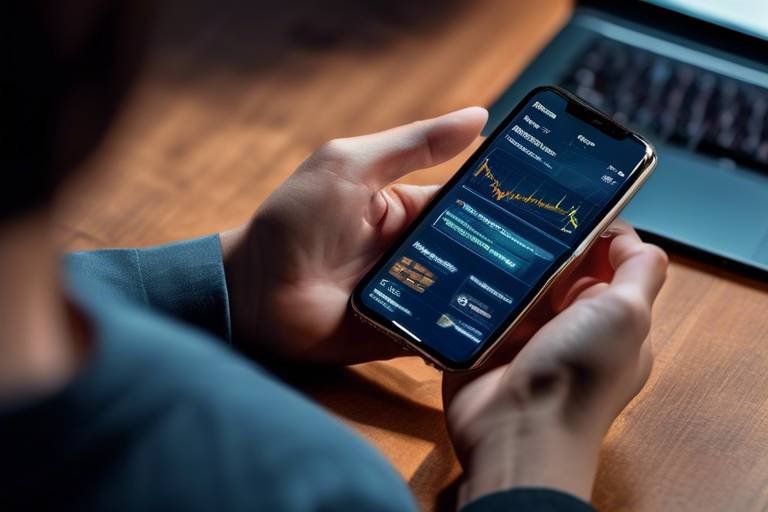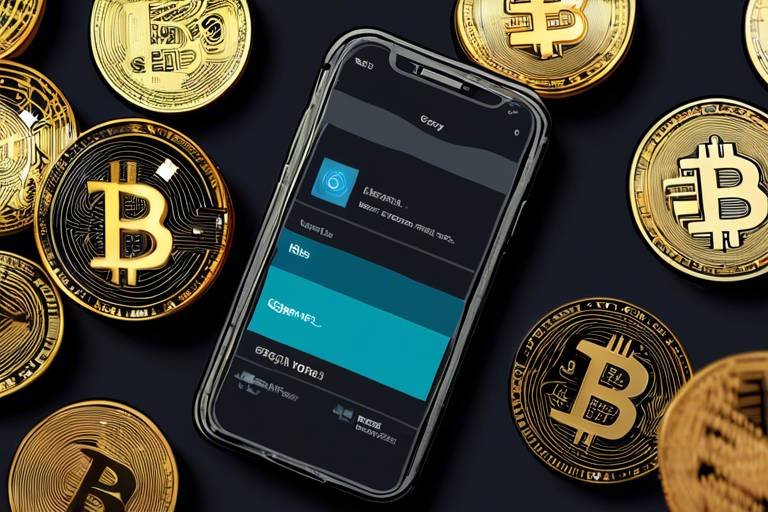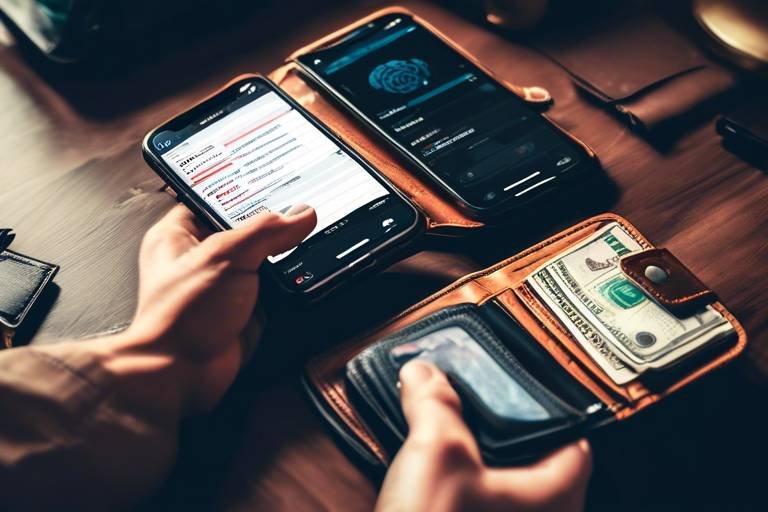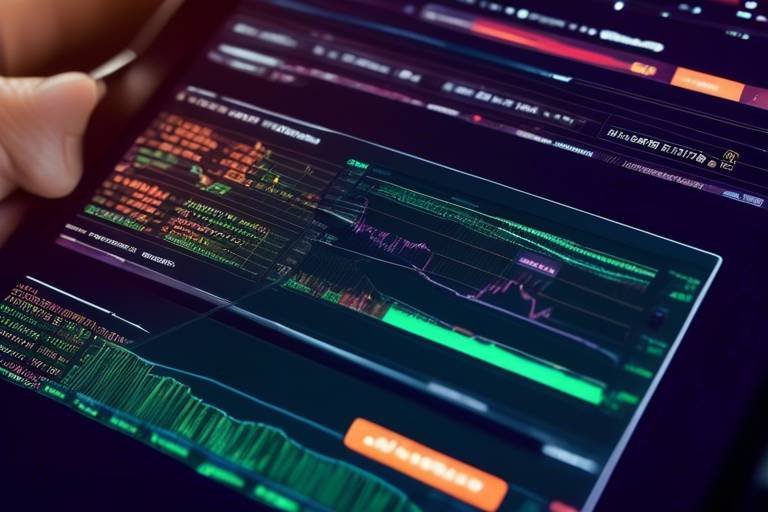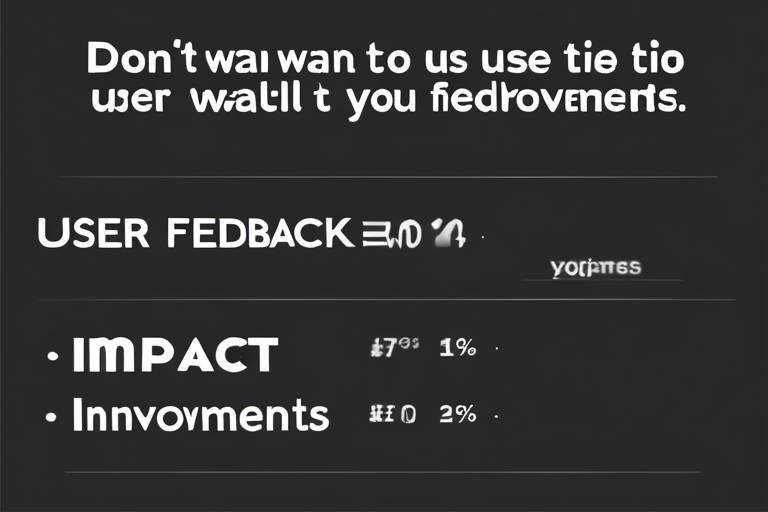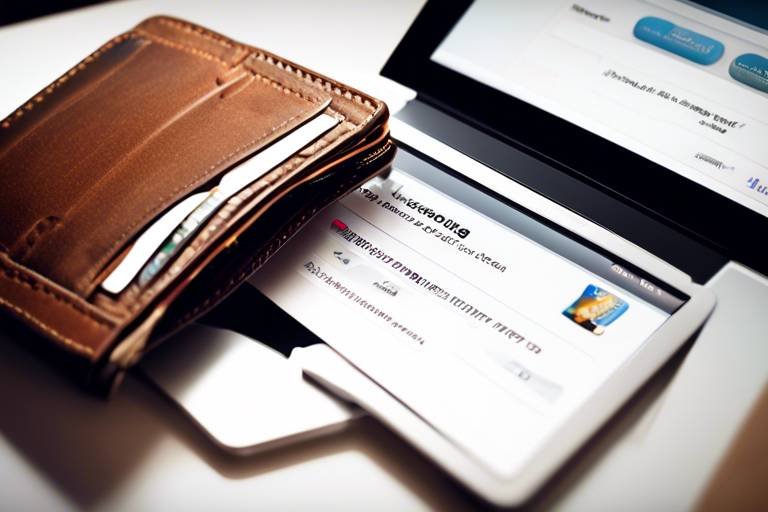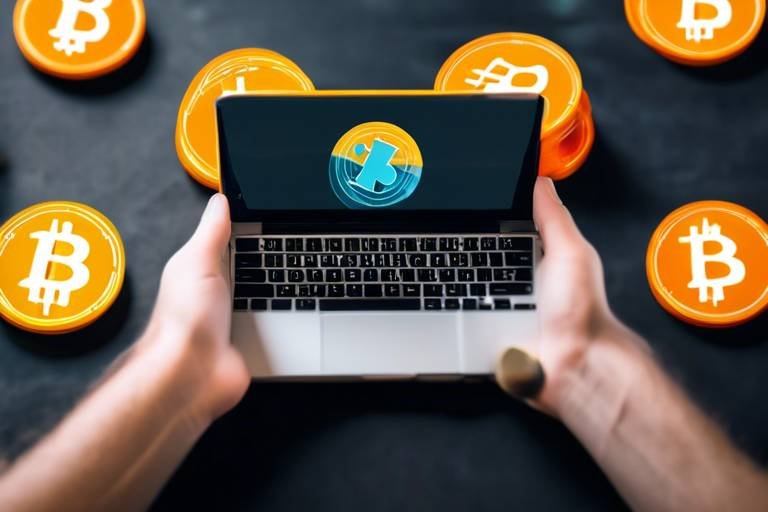How to Spot a Reliable Crypto Wallet - Key Features to Look For
In the rapidly evolving world of cryptocurrency, selecting a reliable crypto wallet is crucial for safeguarding your digital assets. With countless options available, it can feel overwhelming to choose the right one. But fear not! This article will guide you through the essential features that define a trustworthy crypto wallet, ensuring that your investments are secure and accessible.
First and foremost, understanding the types of crypto wallets available is fundamental. There are three primary categories: hardware wallets, software wallets, and paper wallets. Each type serves different needs and preferences. For instance, hardware wallets are physical devices that store your private keys offline, providing robust security against online threats. Software wallets, on the other hand, are applications that can be installed on your computer or mobile device, offering convenience but requiring a careful approach to security. Lastly, paper wallets involve printing your private keys and public addresses on paper, which can be a secure option if stored properly. By recognizing these distinctions, you can make an informed choice that aligns with your requirements.
Next, let’s dive into the security features that should be prioritized when selecting a crypto wallet. Security is paramount in the crypto space, where threats are ever-present. Look for wallets that offer two-factor authentication (2FA), encryption, and backup options. These features significantly enhance the security of your wallet. For example, 2FA requires not only your password but also a second verification step, making unauthorized access much more difficult.
So, what exactly is two-factor authentication? It’s like having a double lock on your front door. Even if someone manages to get your password, they would still need a second piece of information to gain access. This could be a code sent to your phone or an authentication app. Implementing 2FA is a simple yet effective way to bolster your wallet's security, and it’s a feature you should never overlook.
Now, let’s talk about private keys. These are the keys to your crypto kingdom. If someone gains access to your private keys, they can control your funds. Therefore, it’s vital to understand how to manage and safeguard them. Use wallets that allow you to keep your private keys private, ideally offline, and always back them up in a secure location. Think of your private key as a secret recipe; you wouldn’t want just anyone to have it!
The user experience and interface of a wallet can also significantly impact your overall experience. A wallet with a user-friendly interface makes managing your cryptocurrencies a breeze. Look for features that enhance usability, such as intuitive navigation, clear transaction histories, and customizable settings. A wallet that feels clunky or confusing can lead to mistakes and frustration, so choose one that feels right for you.
When deciding between mobile and desktop wallets, consider your lifestyle. Mobile wallets offer on-the-go access, making them ideal for everyday transactions. However, desktop wallets often provide more robust security features and are better suited for long-term storage. Weigh the pros and cons of each type and choose one that fits your needs. After all, if you’re always on the move, a mobile wallet might just be your best friend!
Reliable customer support is another critical aspect of a trustworthy crypto wallet. Imagine encountering an issue only to find that you’re left in the dark without help. Look for wallets that offer responsive support channels, such as live chat, email, or a comprehensive FAQ section. A wallet with excellent customer support can make all the difference when you need assistance.
Finally, evaluating a wallet’s reputation and reviews is crucial. Check user feedback and expert opinions to gauge the credibility of the wallet. Look for consistent positive reviews and be wary of any negative feedback that raises red flags. Remember, if something seems too good to be true, it probably is!
When researching crypto wallets, keep an eye out for common red flags. These might include lack of transparency about fees, poor customer service experiences, or an unclear security protocol. If you notice these issues, it’s best to steer clear and look for a more reputable option.
Lastly, understanding the developers behind a wallet can provide valuable insights into its reliability. Research their background, track record, and community engagement. A wallet created by a reputable team with a history of success is often a safer bet. It’s like choosing a restaurant; you’d prefer to dine at a place with a good reputation and experienced chefs, right?
- What is the safest type of crypto wallet?
Hardware wallets are generally considered the safest option for storing cryptocurrencies due to their offline storage capabilities. - How can I recover my crypto wallet?
Most wallets provide a recovery phrase during setup. Keep this phrase secure, as it can help you recover your wallet if you lose access. - Are mobile wallets safe?
Mobile wallets can be safe if they have strong security features like 2FA and encryption. Always download wallets from reputable sources.
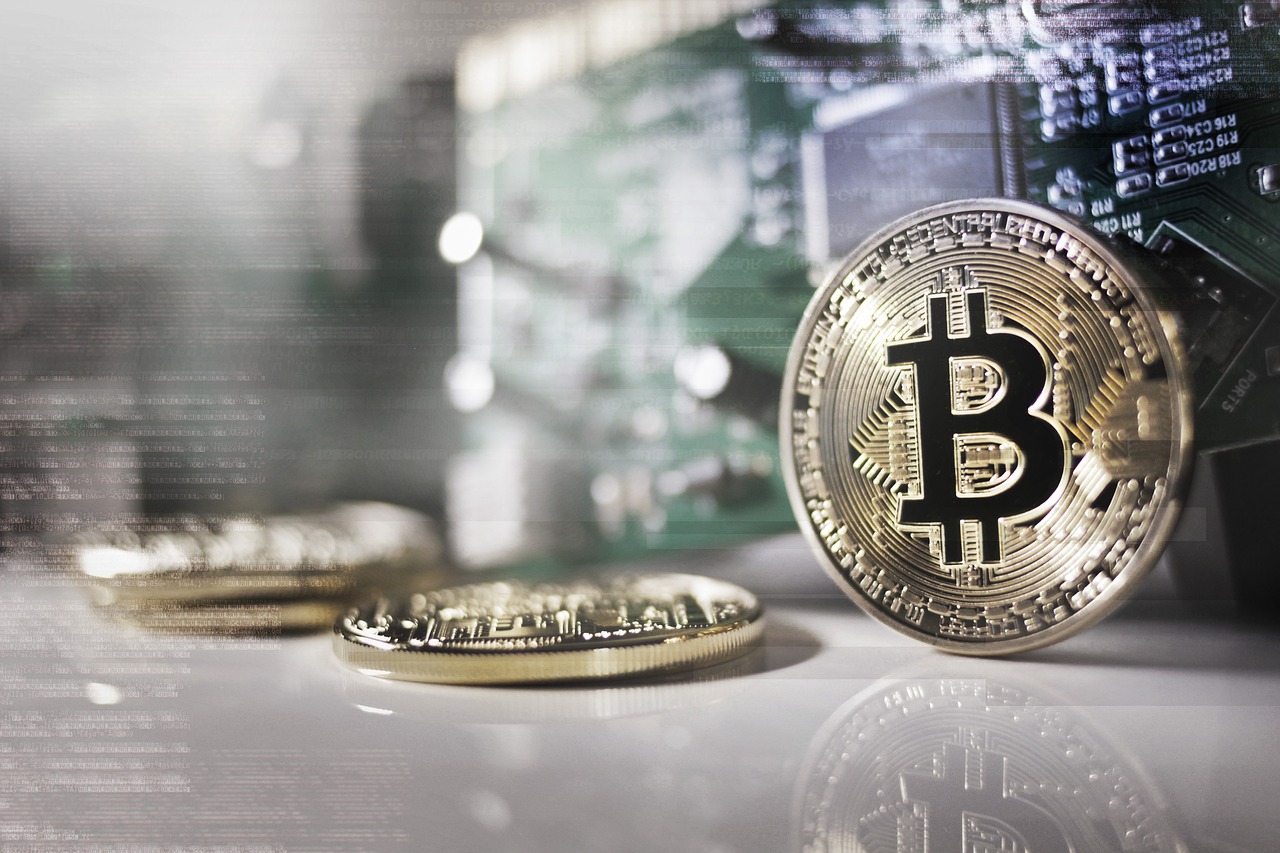
Understanding Crypto Wallet Types
When diving into the world of cryptocurrencies, one of the first things you’ll encounter is the term "crypto wallet." But what exactly does that mean? Just like you wouldn’t keep all your cash in a single shoebox, you need to understand the different types of crypto wallets available to store your digital assets securely. Each wallet type offers unique features and benefits tailored to various user needs. Let's break down the three main categories: hardware wallets, software wallets, and paper wallets.
Hardware wallets are physical devices that securely store your cryptocurrency offline. Think of them as a safe deposit box for your digital coins. These wallets are immune to online hacking attempts, making them one of the safest options available. Popular hardware wallets include devices like the Ledger Nano S and Trezor. They are particularly suited for long-term investors who want to keep their assets safe from the prying eyes of the internet.
On the flip side, we have software wallets, which are applications you can install on your computer or mobile device. They come in two forms: desktop wallets and mobile wallets. Desktop wallets, such as Exodus and Electrum, offer a good balance between security and convenience, as they are stored on your computer. However, they are still vulnerable to malware and hacking if your device is compromised. Mobile wallets, like Trust Wallet and Mycelium, provide the ultimate convenience for users on the go, allowing you to manage your assets directly from your smartphone. But remember, convenience often comes with a trade-off in security.
Then there are paper wallets, which might sound old-fashioned but are still a viable option for some users. A paper wallet is simply a printed piece of paper that contains your public and private keys. It’s a completely offline method of storing your cryptocurrency, which means it’s immune to online threats. However, the risk lies in physical damage or loss. If you misplace your paper wallet or it gets destroyed, your funds are irretrievable. This method is best suited for those who are tech-savvy and understand the risks involved.
To summarize, here’s a quick comparison of the three types of wallets:
| Wallet Type | Security Level | Convenience | Best For |
|---|---|---|---|
| Hardware Wallet | High | Medium | Long-term investors |
| Software Wallet | Medium | High | Active traders |
| Paper Wallet | High | Low | Long-term holding |
Ultimately, the choice of wallet depends on your individual needs and how you plan to use your cryptocurrency. Whether you’re in it for the long haul or actively trading, understanding these wallet types is crucial for keeping your digital assets safe and accessible.
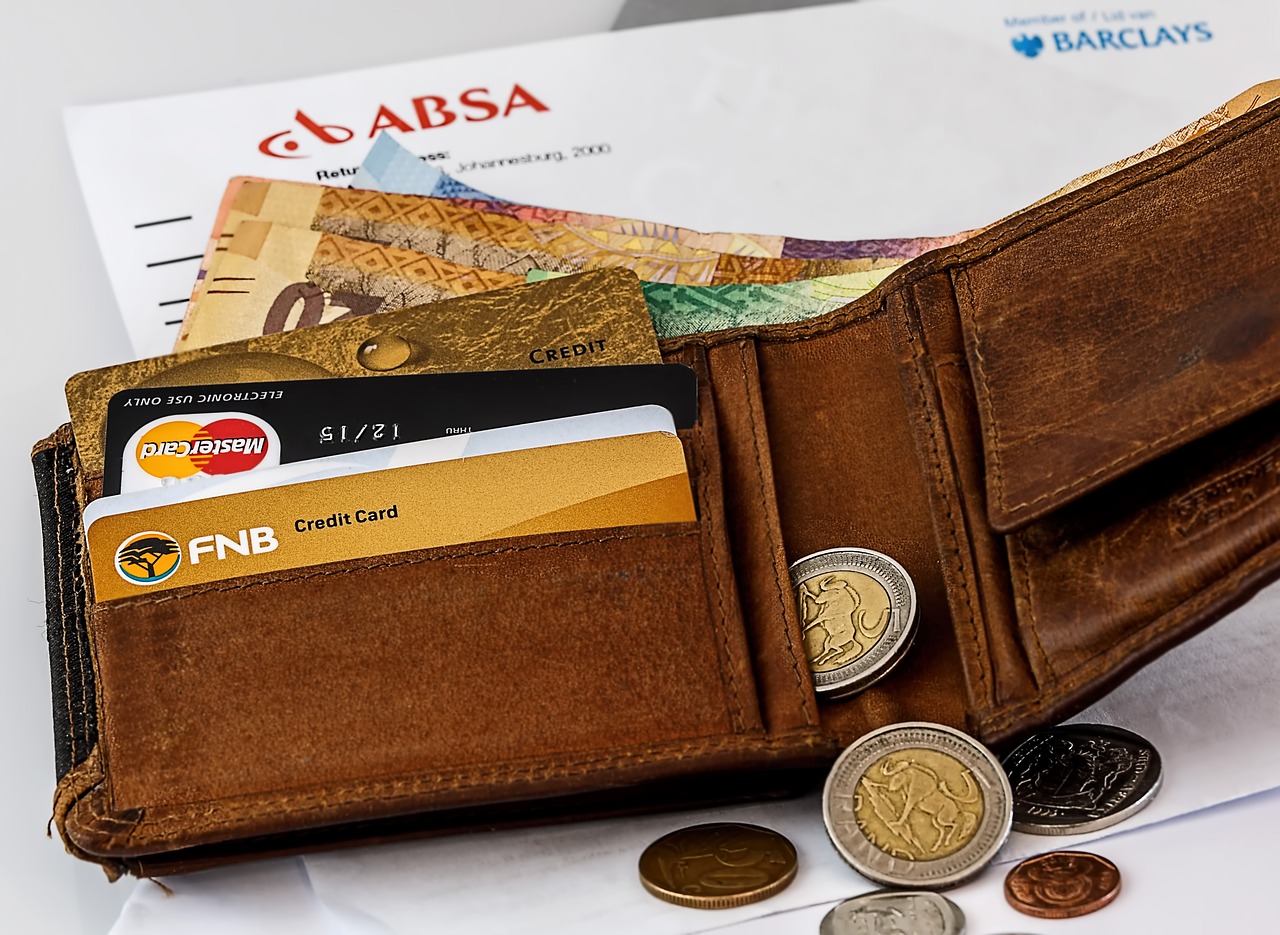
Security Features to Prioritize
When it comes to selecting a crypto wallet, security should be your top priority. After all, your digital assets are only as safe as the wallet that holds them. To ensure your cryptocurrencies are well-protected, there are several essential security features you need to consider. These features not only safeguard your assets from potential threats but also provide peace of mind as you navigate the often turbulent waters of the crypto market.
First and foremost, two-factor authentication (2FA) is a critical feature that adds an extra layer of security. With 2FA enabled, you’re required to provide two forms of verification before accessing your wallet. This means that even if someone gets hold of your password, they won't be able to access your wallet without the second factor, which is typically a code sent to your mobile device. It's like having a double lock on your front door—one is good, but two is better!
Another vital aspect to look for is encryption. A reliable wallet should encrypt your private keys and sensitive information. This means that even if a hacker manages to breach the wallet's defenses, they would encounter a jumble of data that’s nearly impossible to decipher. Think of encryption as a safe where your valuables are stored; without the right combination, no one can access what's inside.
Additionally, backup options are essential for ensuring that you can recover your wallet in case of loss or theft. A trustworthy crypto wallet should offer a straightforward backup process, allowing you to create a recovery phrase or seed phrase. This phrase is a series of words that can be used to restore your wallet on another device. It's crucial to store this phrase securely, as anyone with access to it can take control of your assets. Always remember, it’s better to be safe than sorry!
In summary, when evaluating a crypto wallet, prioritize the following security features:
- Two-Factor Authentication (2FA): Adds an extra layer of protection.
- Encryption: Secures your private keys and sensitive information.
- Backup Options: Ensures you can recover your wallet if needed.
By focusing on these security features, you can significantly reduce the risk of losing your cryptocurrency holdings. Remember, in the world of digital currencies, it's better to be proactive than reactive. Investing time in choosing a secure wallet can save you from potential heartache down the line.
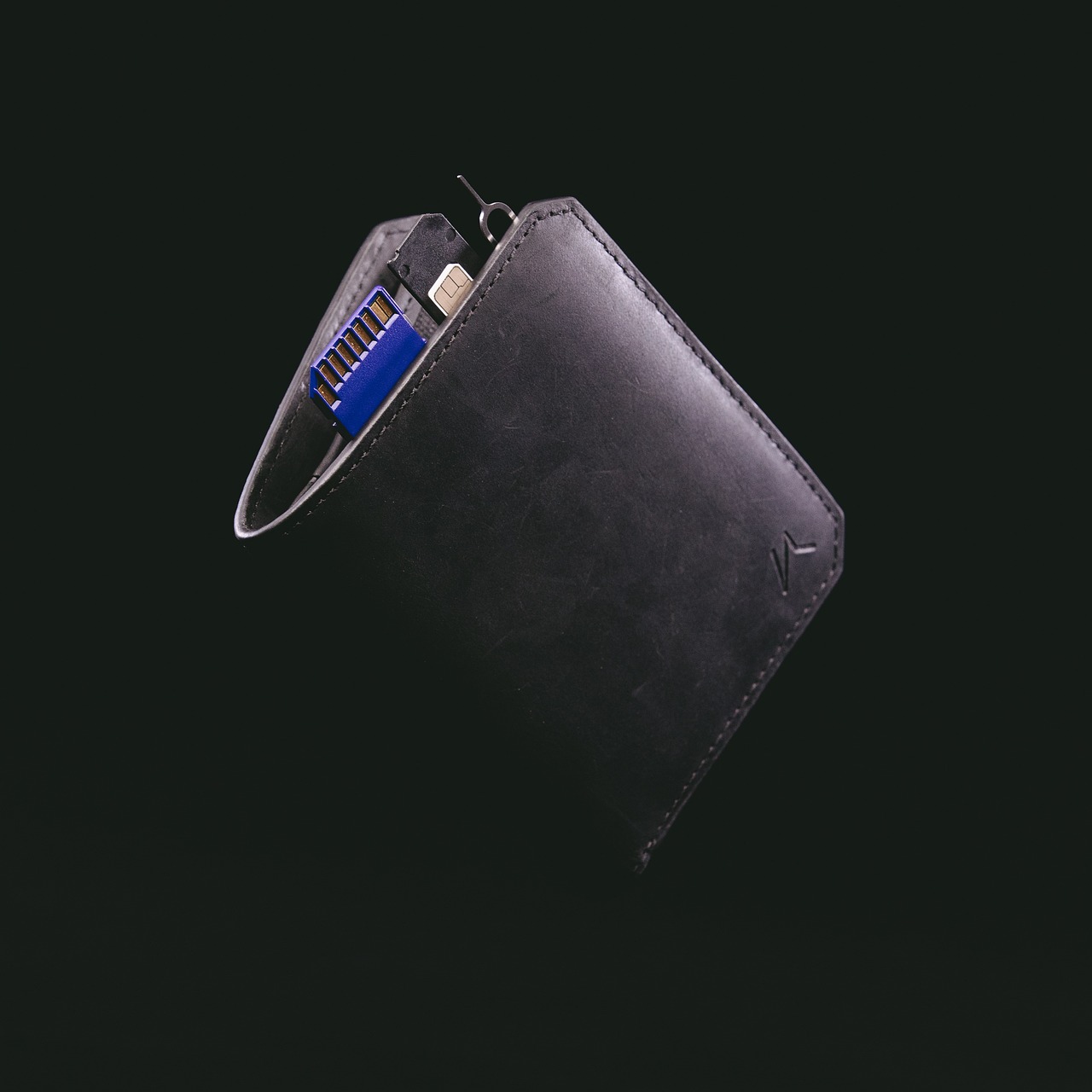
Two-Factor Authentication Explained
When it comes to keeping your cryptocurrency safe, two-factor authentication (2FA) is like having a sturdy lock on your front door and a security system that alerts you if someone tries to break in. In simple terms, 2FA adds an extra layer of protection by requiring not just a password but also a second piece of information that only you should have. This could be a code sent to your phone, an app-generated code, or even a biometric scan like your fingerprint. Imagine having to show your ID and a secret code before entering a club—this is exactly how 2FA works to safeguard your crypto wallet.
So, why is it crucial? Well, passwords alone can be weak links. Many people use simple or repetitive passwords, which can be easily cracked by hackers. With 2FA, even if someone manages to steal your password, they would still need that second factor to access your wallet. This significantly reduces the risk of unauthorized access and keeps your digital assets much safer.
Let’s break down the types of two-factor authentication methods you might encounter:
- SMS Codes: A text message is sent to your phone with a code that you enter after your password.
- Authenticator Apps: Apps like Google Authenticator or Authy generate time-sensitive codes that you need to input.
- Hardware Tokens: Physical devices that generate codes or require you to press a button to authenticate.
- Biometric Authentication: Using your fingerprint or facial recognition for added security.
While each of these methods has its pros and cons, using an authenticator app or hardware token is generally considered more secure than SMS codes, as text messages can be intercepted. Always choose a method that aligns with your security needs and lifestyle.
In conclusion, implementing two-factor authentication is a fundamental step in securing your crypto wallet. It’s like adding a second security guard to your digital assets, ensuring that even if one layer is breached, your investments remain protected. Remember, the more layers of security you have, the harder it becomes for cybercriminals to gain access to your funds!
Q: What is two-factor authentication?
A: Two-factor authentication (2FA) is a security measure that requires two forms of identification before granting access to an account, typically a password and a second factor like a code sent to your phone.
Q: Why should I use 2FA for my crypto wallet?
A: Using 2FA significantly enhances the security of your wallet by adding an extra layer of protection against unauthorized access.
Q: Are SMS codes safe for 2FA?
A: While SMS codes are better than having no 2FA, they can be intercepted. It's generally safer to use an authenticator app or hardware token.
Q: Can I disable 2FA if I find it inconvenient?
A: While you can disable it, it's highly discouraged. The convenience of access is not worth the risk of losing your assets.
Q: What should I do if I lose my phone with 2FA?
A: Most wallets provide backup codes or recovery options. Make sure to keep these in a secure place to regain access if needed.
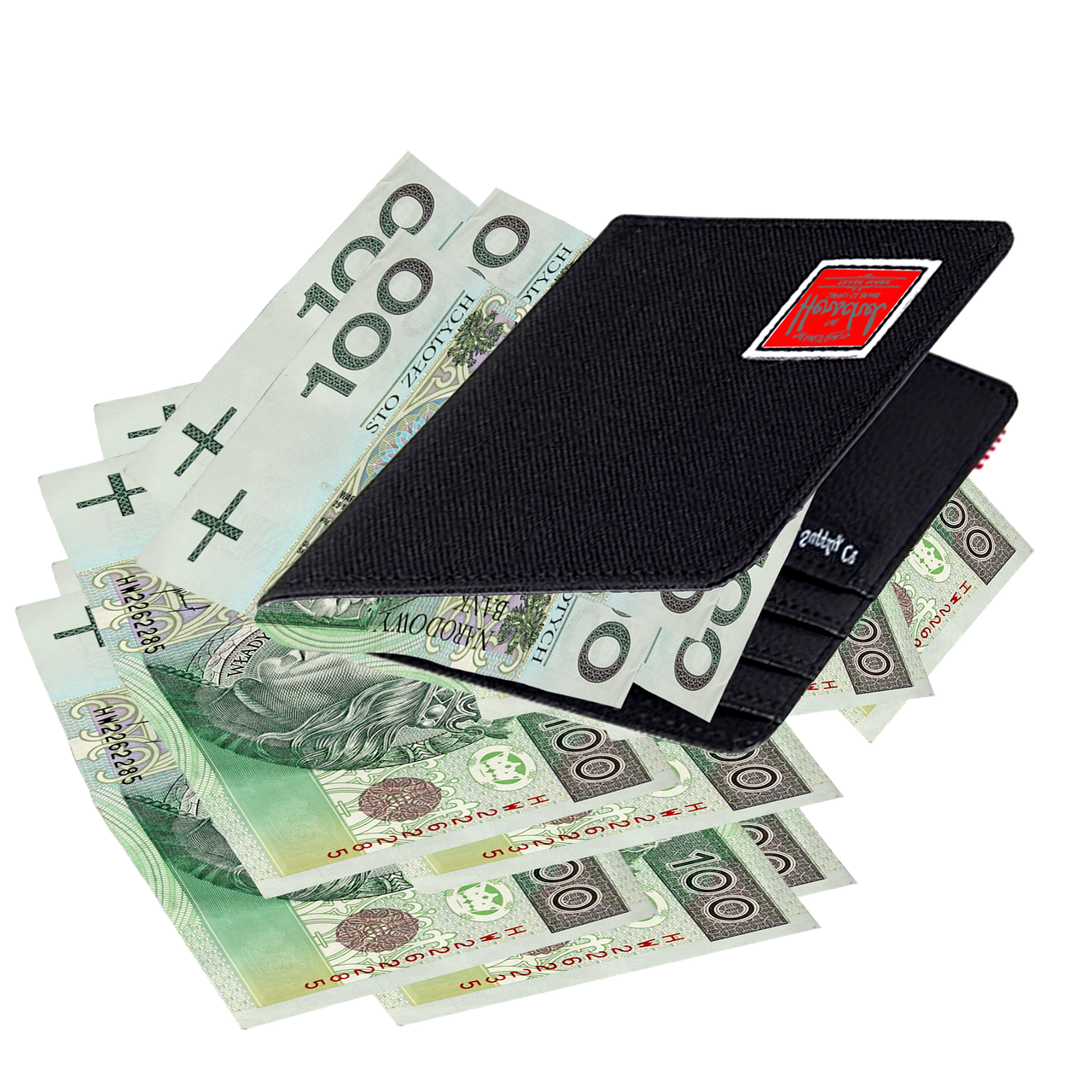
Importance of Private Keys
When it comes to securing your cryptocurrency, private keys are the cornerstone of your wallet’s security. Think of a private key as the ultimate password to your digital treasure chest. Without it, you simply cannot access your funds. This unique string of characters is what allows you to send and receive cryptocurrencies, making it crucial to understand its significance fully. Losing your private key is akin to losing the key to your house; once it’s gone, you have no way of getting back in.
Private keys are generated when you create a wallet, and they come in two forms: public keys and private keys. The public key is like your email address; you can share it with others to receive funds. In contrast, the private key is your secret password that should never be shared with anyone. If someone obtains your private key, they can access your wallet and drain your assets without your permission. Therefore, safeguarding your private key is not just important; it’s absolutely vital.
Here are a few essential points to consider regarding private keys:
- Storage: Always store your private keys in a secure place. Consider using hardware wallets or secure offline methods to keep them safe from hackers.
- Backup: Regularly back up your wallet and its private keys. This way, if anything happens to your device, you can still recover your funds.
- Encryption: Use encryption tools to protect your private keys when storing them digitally. This adds an extra layer of security against unauthorized access.
In addition to these precautions, it’s worth noting that some wallets offer features like multi-signature options, which require multiple private keys to authorize a transaction. This can significantly enhance security, especially for larger amounts of cryptocurrency. However, you should still ensure that all private keys involved are stored securely.
Understanding the importance of private keys is essential for anyone venturing into the world of cryptocurrency. By taking proactive steps to protect these keys, you can ensure that your digital assets remain secure and accessible only to you. So, treat your private key with the same level of care and respect as you would your bank account password. After all, in the realm of crypto, your private key is your golden ticket to financial freedom.
- What happens if I lose my private key? If you lose your private key, you will lose access to your cryptocurrency assets permanently, as there is no way to recover them without it.
- Can I share my private key with someone? No, you should never share your private key with anyone. Doing so compromises the security of your wallet.
- What is the difference between a public key and a private key? A public key is used to receive funds and can be shared openly, while a private key is used to access and manage your wallet and should be kept secret.
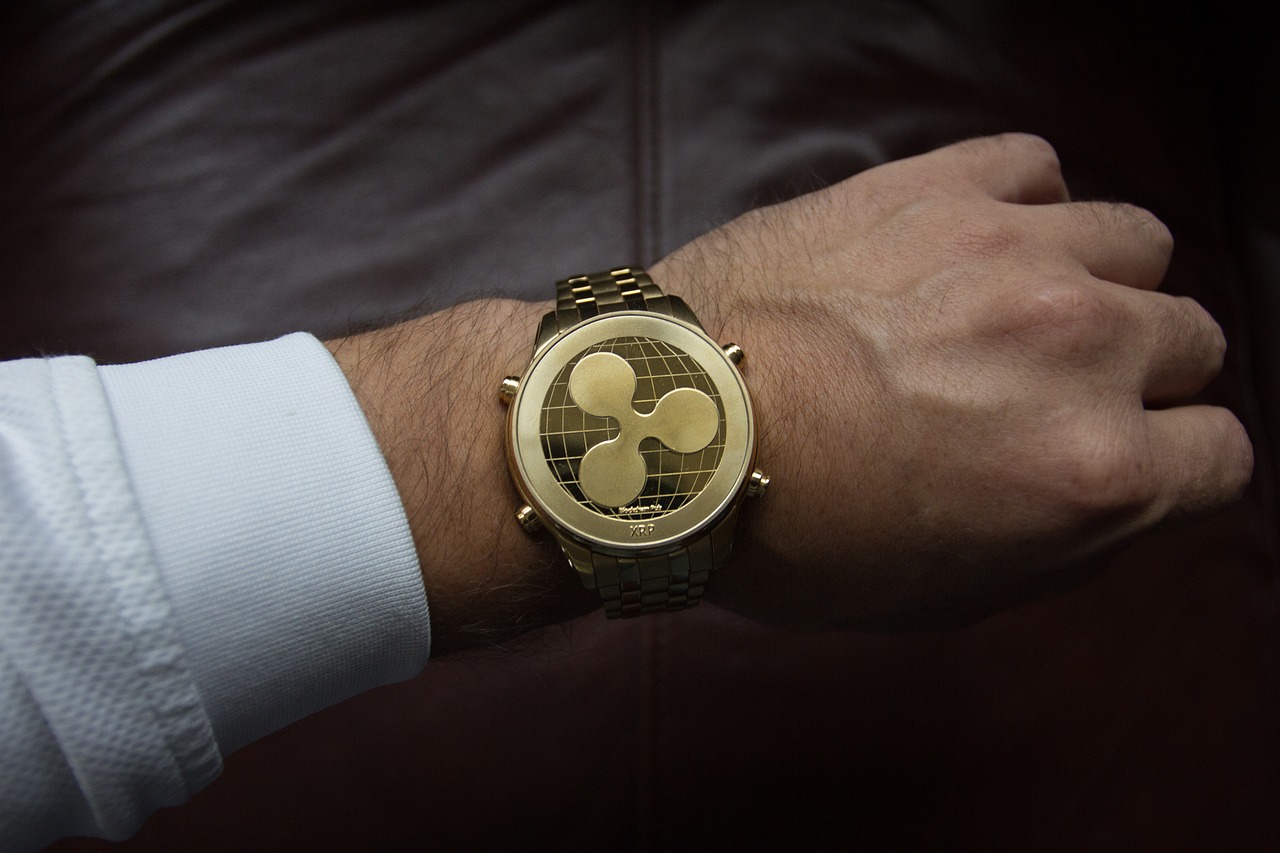
User Experience and Interface
When it comes to cryptocurrency wallets, user experience and interface design can make all the difference. Imagine trying to navigate a complex maze; if the path is unclear, frustration sets in quickly. The same goes for crypto wallets. A well-designed wallet should feel intuitive and straightforward, allowing users to manage their assets without feeling overwhelmed. This is especially important for newcomers who may not be familiar with the intricacies of cryptocurrency.
One of the first things to consider is the interface layout. A clean, organized interface helps users find what they need without unnecessary hassle. Look for wallets that feature clear labels, easy-to-navigate menus, and logical categorization of functions. For instance, the ability to view your balance, transaction history, and send/receive options should be easily accessible. If a wallet makes you hunt for these features, it might not be the best choice.
Another critical aspect is mobile vs. desktop wallets. Each type has its advantages and disadvantages. Mobile wallets offer the convenience of access on-the-go, making them perfect for everyday transactions. However, desktop wallets typically provide a more robust experience, with larger screens and potentially more features. Here’s a quick comparison:
| Feature | Mobile Wallets | Desktop Wallets |
|---|---|---|
| Accessibility | High - Always with you | Moderate - Requires a computer |
| User Interface | Simple, optimized for touch | Detailed, more features available |
| Security | Vulnerable if lost or stolen | Generally more secure, especially with offline options |
Ultimately, your choice will depend on your personal preferences and how you plan to use your wallet. If you’re frequently on the move, a mobile wallet might be your best bet. On the other hand, if you’re dealing with larger amounts of cryptocurrency or prefer a more feature-rich experience, a desktop wallet could be the way to go.
Moreover, it’s essential to consider the customer support services offered by the wallet provider. Even the most user-friendly wallet can encounter issues, and having responsive customer support can save you a lot of headaches. Look for wallets that provide multiple channels for support, such as live chat, email, and comprehensive help centers. A wallet with a strong support system demonstrates a commitment to its users and can be a significant factor in your decision-making process.
In conclusion, the user experience and interface of a crypto wallet are crucial factors that can significantly impact your overall satisfaction. By choosing a wallet that prioritizes usability, offers the right features for your needs, and provides excellent customer support, you can ensure a smoother journey in managing your cryptocurrency assets.
- What is the best type of wallet for beginners? For beginners, a mobile wallet is often recommended due to its ease of use and accessibility.
- How important is customer support for a crypto wallet? Customer support is very important, as it can help resolve issues quickly and efficiently, ensuring a better user experience.
- Can I use both a mobile and desktop wallet? Yes, many users opt for both to balance convenience and security, depending on their needs.
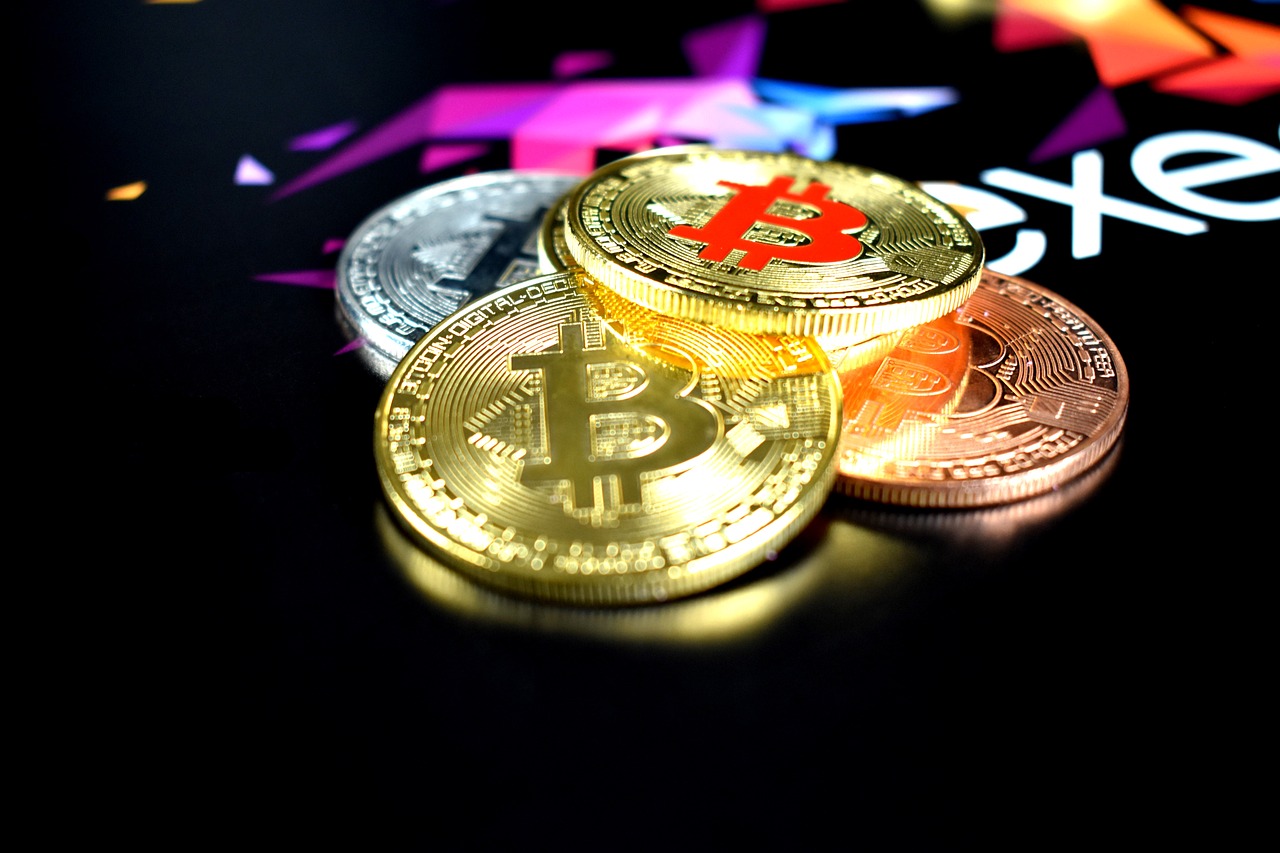
Mobile vs. Desktop Wallets
When it comes to managing your cryptocurrencies, one of the first decisions you'll face is whether to use a mobile wallet or a desktop wallet. Each type has its own set of advantages and disadvantages, and understanding these can help you make an informed choice that aligns with your lifestyle and security needs.
Mobile wallets are designed for convenience. They allow you to access your cryptocurrencies on the go, making transactions quick and easy. Imagine being at a café and wanting to pay for your coffee with Bitcoin; a mobile wallet lets you do just that with a few taps on your smartphone. However, this convenience comes with its own risks. Mobile devices are often more susceptible to theft and malware, which can put your assets at risk if you're not careful.
On the other hand, desktop wallets offer a different kind of experience. They typically provide a more robust platform for managing your assets, often with advanced features that can enhance your trading experience. Desktop wallets can be more secure than mobile wallets, as they are less likely to be targeted by hackers. However, they require you to be at your computer to access your funds, which can be a downside if you need to make transactions quickly.
To help you weigh the pros and cons, here’s a quick comparison:
| Feature | Mobile Wallets | Desktop Wallets |
|---|---|---|
| Accessibility | High - Access anywhere, anytime | Medium - Requires access to a computer |
| Security | Medium - Vulnerable to mobile threats | High - More secure against online attacks |
| User Experience | Intuitive and user-friendly | Feature-rich but can be complex |
| Backup Options | Cloud-based backups | Local backups and encryption options |
Ultimately, the choice between a mobile and desktop wallet boils down to your personal preferences and how you plan to use your cryptocurrencies. If you value convenience and need to make quick transactions, a mobile wallet might be the way to go. However, if security and advanced features are your top priorities, a desktop wallet could be the better option. It's all about finding the right balance that suits your needs.
- Are mobile wallets safe for storing cryptocurrencies? - While mobile wallets are generally safe, they can be more vulnerable to attacks compared to desktop wallets. It's crucial to choose a reputable wallet and enable security features like two-factor authentication.
- Can I use both a mobile and desktop wallet? - Absolutely! Many users opt for a combination of both to enjoy the benefits of each. Just ensure that your wallets are synchronized properly to avoid any issues.
- What should I do if my mobile wallet gets lost or stolen? - If you have enabled recovery options, you can restore your wallet on a new device. It's essential to keep your recovery phrases secure and private.
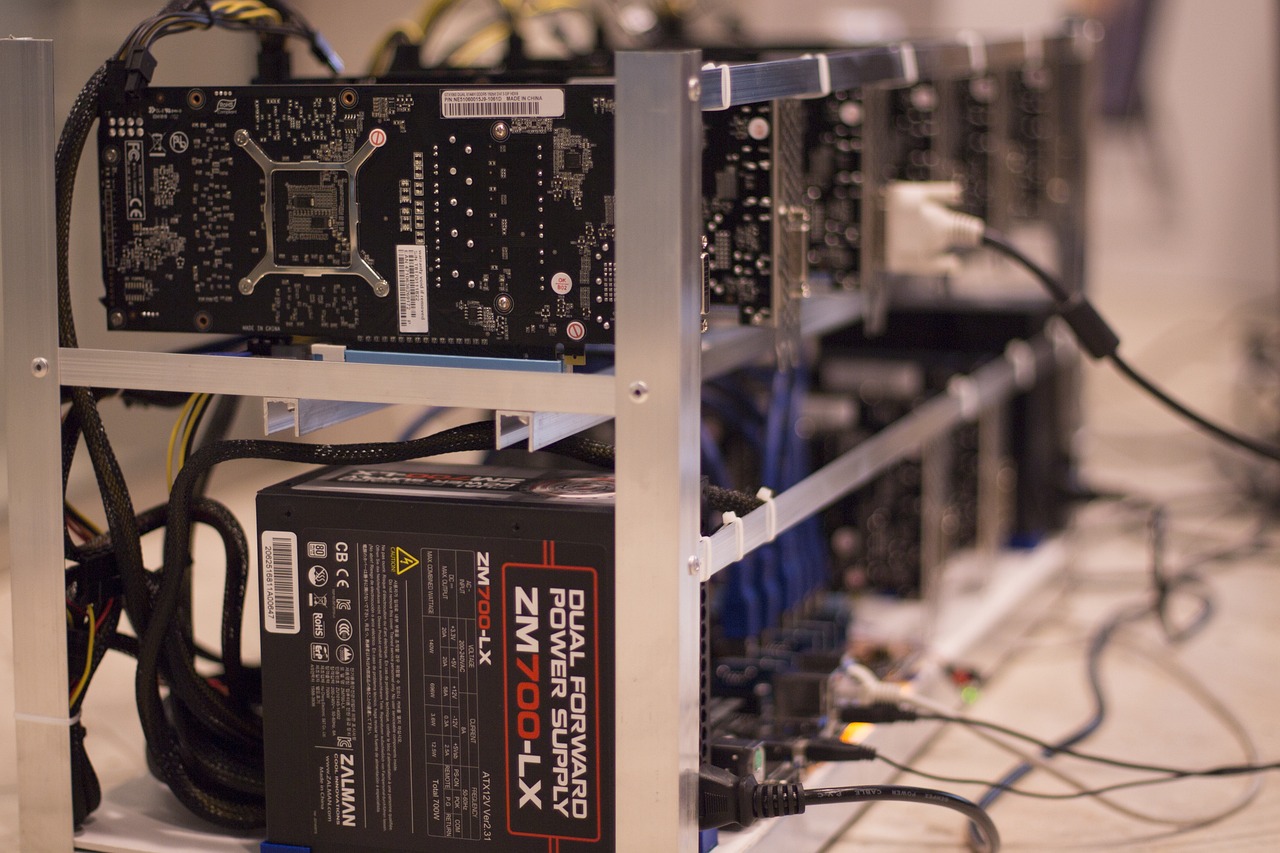
Customer Support Services
When it comes to choosing a crypto wallet, one aspect that often gets overlooked is the quality of customer support. Imagine you wake up one morning, excited to check your crypto investments, only to find that you can't access your wallet. Panic sets in, right? This is where responsive and effective customer support can make all the difference. A reliable crypto wallet should offer multiple support channels, such as email, live chat, and phone support. Each of these channels serves a purpose, catering to different user preferences and urgency levels.
Moreover, the availability of 24/7 support is a crucial feature. Cryptocurrency markets operate around the clock, and issues can arise at any time. If you find yourself in a bind at 3 AM, it’s reassuring to know that help is just a message away. Additionally, look for wallets that provide a comprehensive FAQ section on their website. This can save you time and frustration, as many common issues can be resolved with a quick read. An effective FAQ section should cover:
- Account setup and recovery
- Transaction issues
- Security concerns
- Supported cryptocurrencies
Another important factor is the response time. When you reach out for help, you want answers quickly. A good crypto wallet provider will often state their average response times on their support page. Keep in mind that slow responses can lead to missed opportunities, especially in the fast-paced world of cryptocurrency trading.
Finally, consider the community feedback regarding customer support. Online forums and review sites can provide valuable insights into real user experiences. If a wallet has a history of unresolved complaints or poor service, that’s a huge red flag. Remember, your peace of mind is worth it. Investing a little time in researching customer support can save you a lot of headaches down the road.
Here are some common questions users often have regarding customer support for crypto wallets:
- What should I do if I can't access my wallet? - Reach out to customer support immediately through the available channels.
- How quickly can I expect a response from support? - This varies by wallet provider; check their website for average response times.
- Is there a phone number I can call for urgent issues? - Not all wallets offer phone support, so verify before choosing a wallet.
- Can I find help in multiple languages? - Some wallets provide multilingual support; check their website for details.
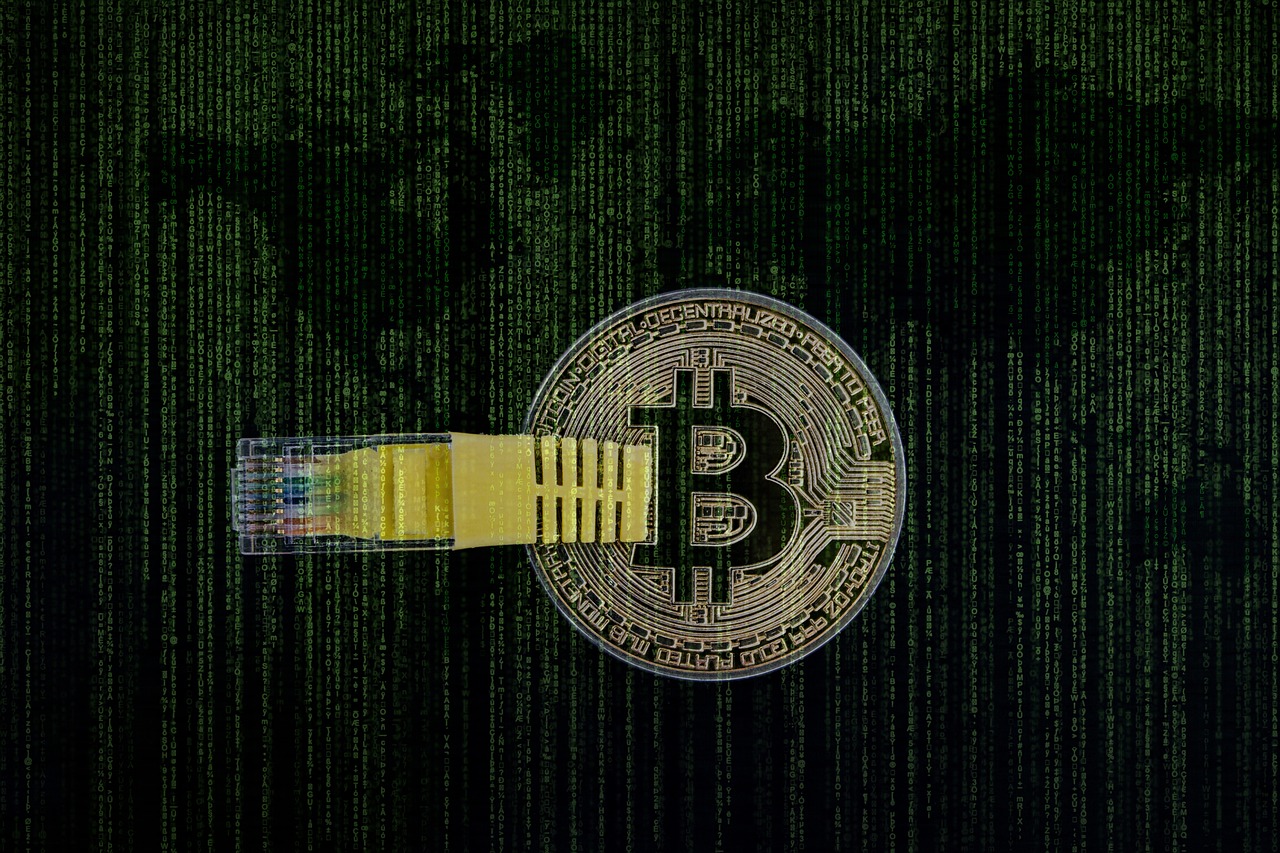
Reputation and Reviews
When it comes to choosing a crypto wallet, one of the most important factors to consider is its reputation. In the fast-paced world of cryptocurrencies, where new projects and wallets pop up almost daily, it's imperative to ensure that your chosen wallet has a solid track record. A wallet's reputation can be gauged through various channels, including user reviews and expert opinions. So, how do you sift through the noise and find genuine feedback?
First, start by checking out popular crypto forums and social media platforms. Websites like Reddit and Twitter often have threads where users share their experiences with different wallets. Pay attention to recurring themes in these discussions; if multiple users mention similar issues, it could be a red flag. On the flip side, if a wallet receives consistent praise for its features and security, that's a good sign!
Additionally, consider looking at dedicated review sites that specialize in crypto wallets. These platforms often provide detailed analyses, highlighting both pros and cons. For instance, they might discuss the wallet's security features, ease of use, and customer service responsiveness. A comprehensive review can give you a more rounded perspective than just anecdotal evidence.
Here's a simple table to illustrate some key factors to evaluate when reading reviews:
| Factor | What to Look For |
|---|---|
| Security | Look for mentions of two-factor authentication, encryption, and backup options. |
| Usability | Check if users find the interface intuitive and easy to navigate. |
| Customer Support | Assess the availability and responsiveness of support channels. |
| Community Feedback | Look for patterns in user experiences, both positive and negative. |
Moreover, don't overlook the importance of checking the wallet's update history. A wallet that is frequently updated indicates that the developers are actively maintaining it, addressing any vulnerabilities, and enhancing features. Conversely, a wallet that hasn't seen updates in a while might be a sign that the developers have lost interest or that the wallet is no longer secure.
Lastly, be cautious of overly promotional reviews. If a review sounds too good to be true, it probably is. Genuine reviews often highlight both strengths and weaknesses, providing a balanced view. Remember, it’s better to be safe than sorry. So take your time, do your research, and make an informed decision to safeguard your cryptocurrency investments.
- How can I tell if a crypto wallet is reliable? Look for consistent positive reviews, strong security features, and a transparent update history.
- What should I avoid when reading wallet reviews? Be wary of overly promotional or overly negative reviews that lack detail or context.
- How important is customer support for a crypto wallet? Very important! Responsive customer support can help you resolve issues quickly and effectively.
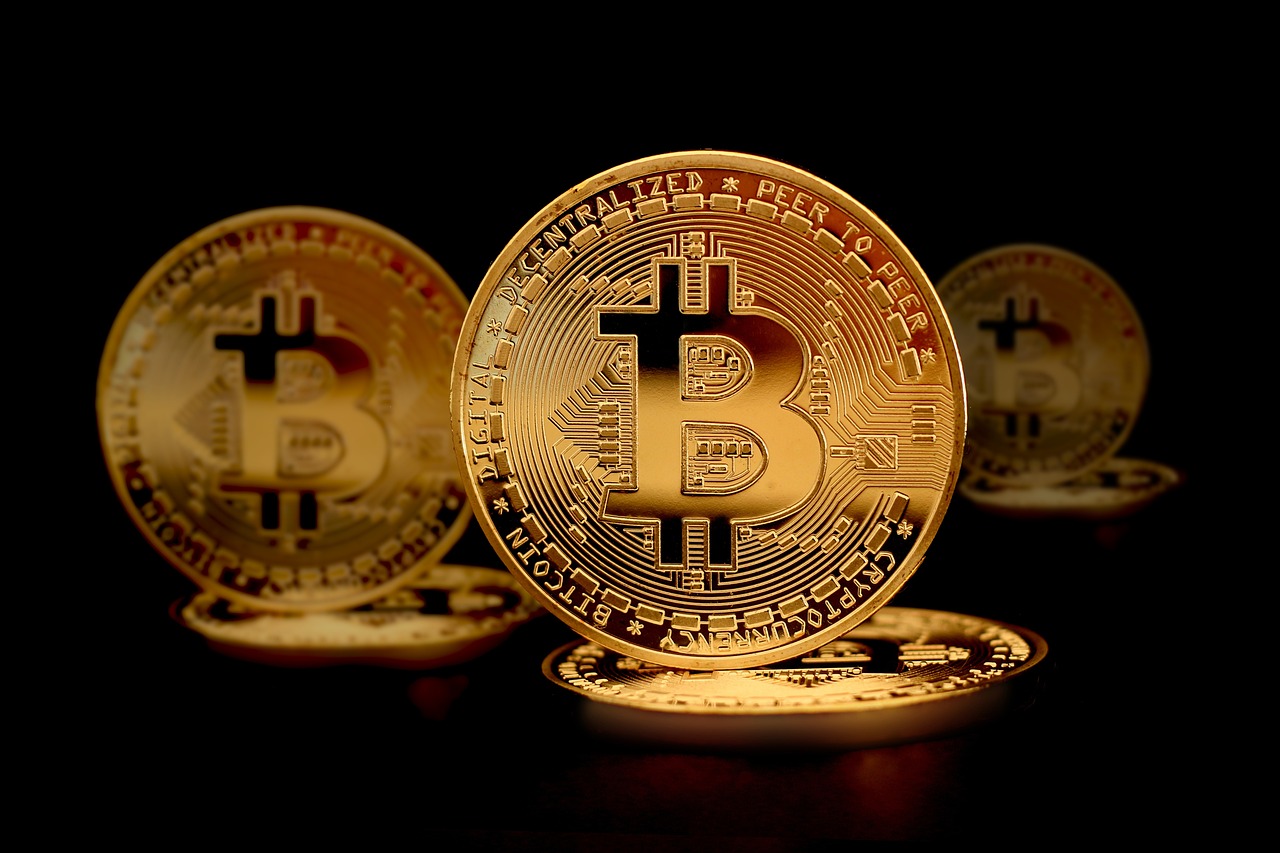
Identifying Red Flags
When it comes to choosing a crypto wallet, vigilance is your best friend. The digital currency landscape is rife with opportunities, but it also has its fair share of pitfalls. Identifying red flags can save you from making costly mistakes. So, what should you be on the lookout for? Let's dive into some key indicators that a wallet might not be as reliable as it claims to be.
First and foremost, lack of transparency is a significant warning sign. If a wallet provider is vague about its security measures or doesn't provide adequate information about its team, it might be time to reconsider your choice. A trustworthy wallet should openly share details about its operations, including the technology it uses and the people behind it. If this information is hard to find, it could indicate that the developers have something to hide.
Another critical red flag is poor customer feedback. Before settling on a wallet, take a moment to read user reviews and ratings. A wallet with consistently negative feedback, especially regarding security breaches or customer service issues, should raise alarms. You can often find this information on forums, social media, or review websites. If you notice a pattern of complaints, it might be wise to steer clear.
Additionally, unrealistic promises can be a major red flag. If a wallet claims to offer guaranteed returns or promises features that seem too good to be true, it probably is. Cryptocurrency investments are inherently risky, and no reputable wallet should make outlandish claims about profitability. Always approach such promises with skepticism, as they could be a sign of a scam.
Lastly, consider the wallet's update frequency. Reliable wallets are regularly updated to address security vulnerabilities and improve user experience. If a wallet hasn't been updated in a long time, it may not be actively maintained, which could put your assets at risk. Regular updates are a sign that the developers are committed to keeping the wallet secure and functional.
In summary, being aware of these red flags can significantly enhance your chances of selecting a trustworthy crypto wallet. Always do your research, trust your instincts, and don't hesitate to walk away from a wallet that raises doubts. Your cryptocurrency investments deserve the utmost protection, and being vigilant is key to ensuring that.
Q1: What are some common red flags to look for in a crypto wallet?
A1: Common red flags include lack of transparency, poor customer feedback, unrealistic promises, and infrequent updates. If you notice these signs, it's best to approach with caution.
Q2: How can I verify the reputation of a crypto wallet?
A2: You can verify a wallet's reputation by reading user reviews, checking forums, and looking for expert opinions. Additionally, research the developers behind the wallet to ensure they have a credible background.
Q3: Is it safe to use a wallet that has negative reviews?
A3: Generally, it's not advisable to use a wallet with negative reviews, especially if there are consistent complaints about security issues or poor customer service. Always prioritize wallets with positive feedback and a solid reputation.
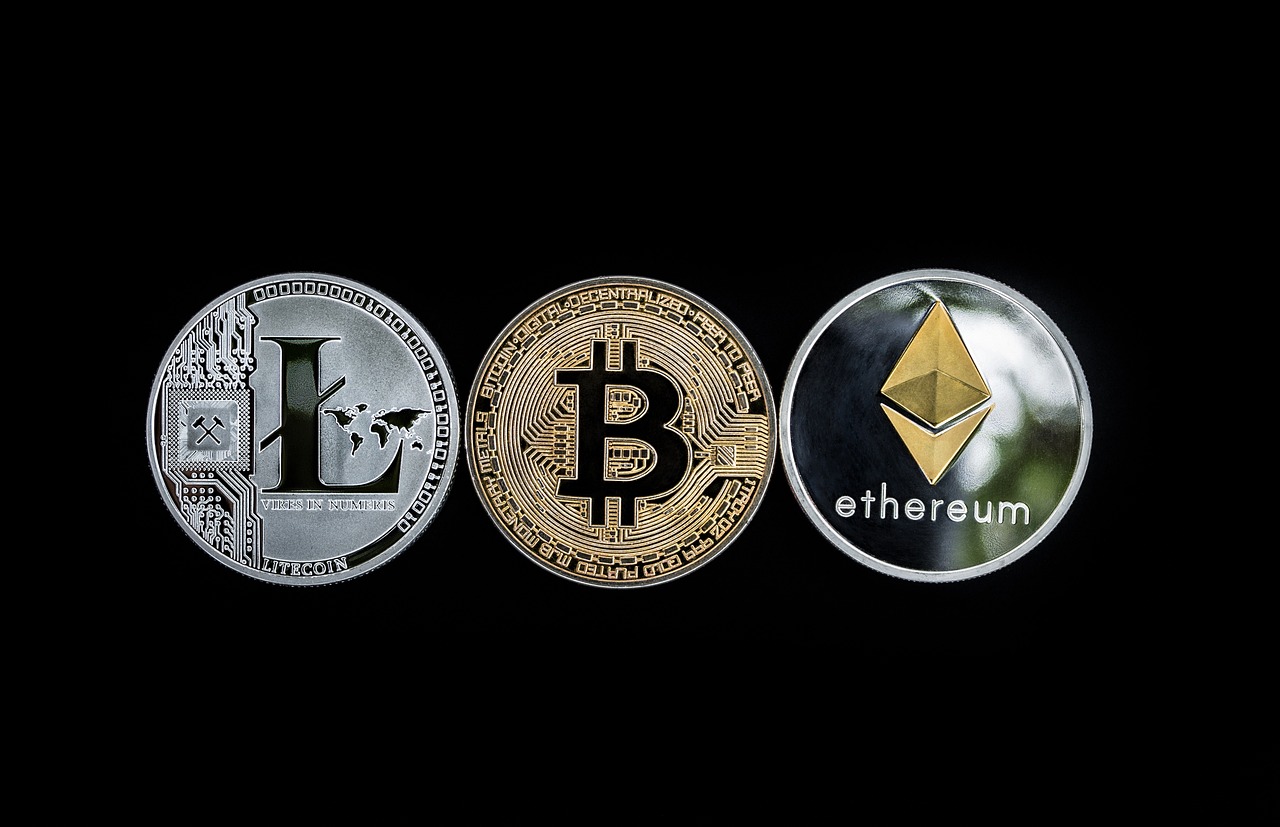
Researching Developer Background
When it comes to choosing a reliable crypto wallet, understanding the developer background is not just a nice-to-have; it's a necessity. Think of it like buying a car. Would you purchase a vehicle without knowing its manufacturer? Of course not! Similarly, delving into the history and credibility of the developers behind your chosen wallet can provide you with the peace of mind you need. You want to ensure that the people managing your digital assets are trustworthy and have a solid reputation in the cryptocurrency community.
Start your investigation by looking for information on the development team. Who are they? What are their qualifications? Have they worked on other successful crypto projects? A strong team often has a track record of delivering secure and reliable products. You can usually find this information on the wallet's official website or through their LinkedIn profiles. If the developers are open about their identities and professional backgrounds, that's a good sign. However, if they remain anonymous or have no verifiable history, you might want to proceed with caution.
Next, consider checking out community forums and social media platforms. Websites like Reddit and Twitter are treasure troves of information where users share their experiences and opinions. Look for discussions related to the wallet and its developers. Are users expressing confidence in the team, or are there complaints about security issues or lack of support? Pay attention to the overall sentiment; it can be incredibly revealing.
Another crucial aspect to explore is the open-source nature of the wallet. Many reputable wallets are open-source, meaning their code is available for anyone to inspect. This transparency allows the community to audit the code for vulnerabilities and ensures that the developers are not hiding anything malicious. If a wallet is closed-source, it raises a red flag. You might be left wondering what could be lurking beneath the surface. Always prefer wallets that invite scrutiny and community involvement.
Lastly, don't forget to look for any past incidents related to the developers. Have they faced legal issues or security breaches in the past? A history of negligence or poor security practices can indicate potential future problems. You can usually find this information through a quick Google search or by reading through news articles and reviews. Remember, a wallet is only as good as the people behind it, so doing your homework is crucial.
- What should I look for in a developer's background? Look for their experience in the crypto space, past projects, and community reputation.
- Is it important if a wallet is open-source? Yes! Open-source wallets allow for community audits, enhancing security and transparency.
- Where can I find developer information? Check the wallet's official website, LinkedIn profiles, and community forums.
- How can I assess community sentiment about a wallet? Visit platforms like Reddit and Twitter to read user experiences and reviews.
Frequently Asked Questions
- What is a crypto wallet?
A crypto wallet is a digital tool that allows you to store, send, and receive cryptocurrencies. Think of it as your online bank account, but instead of dollars, you're dealing with digital coins like Bitcoin or Ethereum!
- What are the different types of crypto wallets?
There are three main types of crypto wallets: hardware wallets, software wallets, and paper wallets. Hardware wallets are physical devices that store your keys offline, making them super secure. Software wallets are apps you can install on your computer or smartphone, while paper wallets are just that—your keys printed on paper!
- How important is security in a crypto wallet?
Security is absolutely crucial! Just like you wouldn’t keep cash in an unlocked drawer, you shouldn’t store your crypto in a wallet without strong security features. Look for wallets that offer two-factor authentication, encryption, and backup options to keep your assets safe.
- What is two-factor authentication (2FA)?
Two-factor authentication is an extra layer of security that requires not just a password but also a second form of verification, like a text message code. It’s like having a double lock on your front door—much harder for intruders to get in!
- Why are private keys important?
Private keys are the secret codes that give you access to your cryptocurrencies. If someone else gets hold of your private keys, they can steal your funds. So, keeping them safe is like guarding the key to your treasure chest!
- How do I choose between a mobile and desktop wallet?
It really depends on your lifestyle! Mobile wallets are convenient for on-the-go transactions, while desktop wallets might offer more features and security. Consider how and where you’ll be using your wallet before making a choice.
- What should I look for in customer support?
Reliable customer support can make all the difference, especially if you run into issues. Look for wallets that offer multiple support channels, like live chat, email, or phone support. Quick responses can save you a lot of stress!
- How can I evaluate a crypto wallet's reputation?
Check user reviews and expert opinions online. Look for patterns in feedback—if multiple users mention the same issue, it might be a red flag. Think of it like checking restaurant reviews before dining out!
- What are some red flags to watch for?
Be cautious of wallets with poor reviews, unclear security features, or a lack of transparency about the developers. If something feels off, trust your gut and keep looking!
- How can I research the developers behind a wallet?
Look for information about the team on the wallet's official website. Check their backgrounds, experience, and any previous projects. A reputable team can give you peace of mind about the wallet's reliability.

